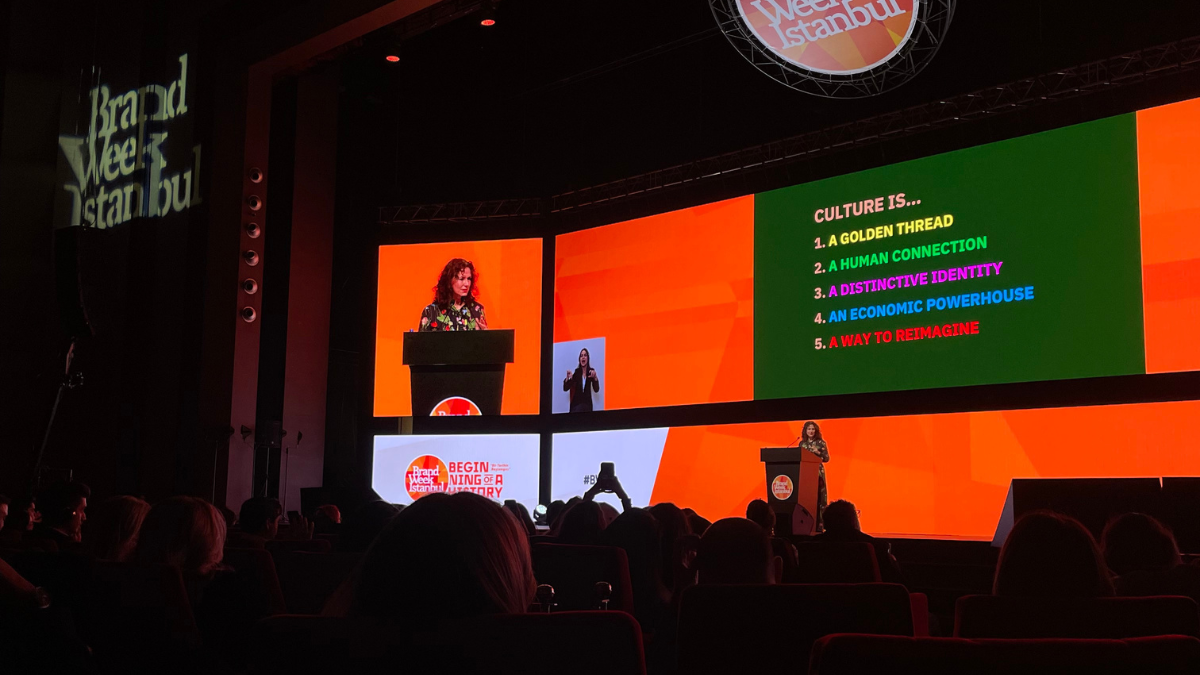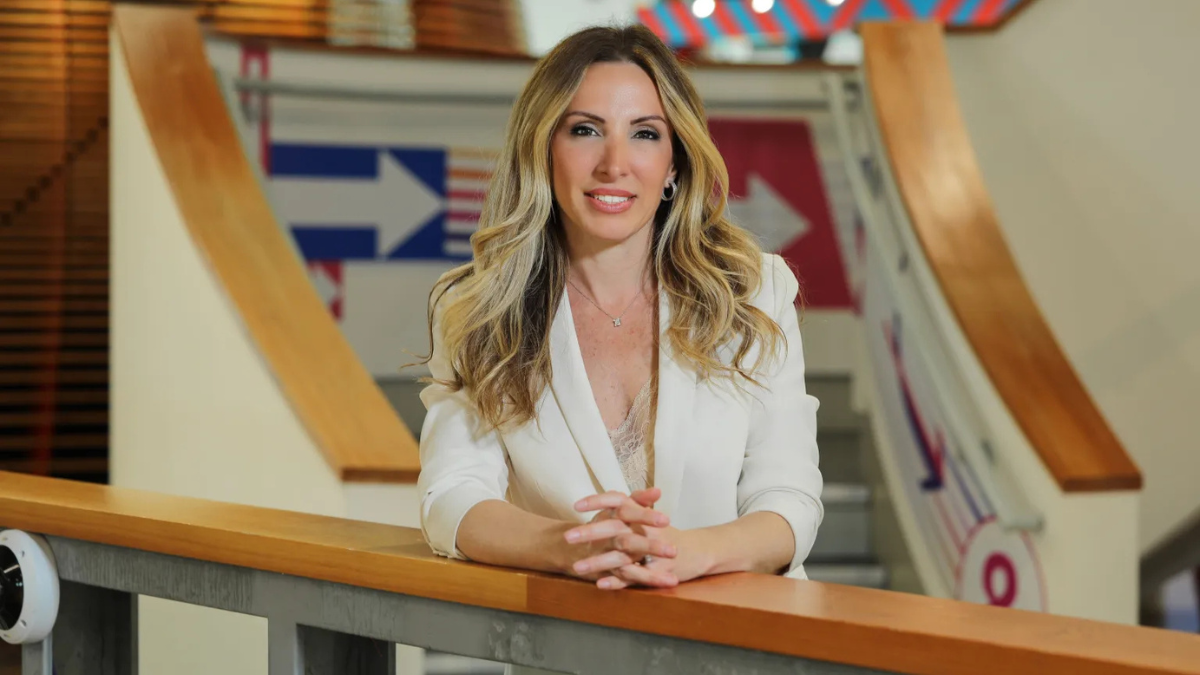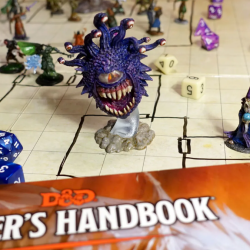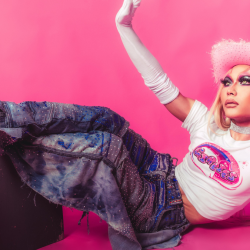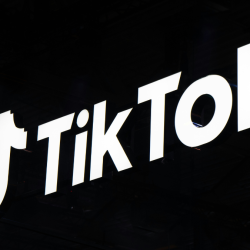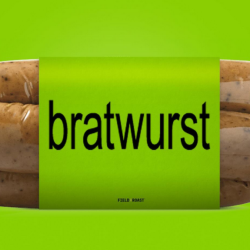
In this podcast MediaCat‘s Content and Social Media Editor, Svilena Keane, speaks to the founder of The Empowered Author and Meet The Booktokers, Samantha Missingham. They discuss the evolution of book marketing and the idea behind the newly-launched platform, Meet The BookTokers.
This interview has been shortened for clarity and length.
Hi, Sam. Please introduce yourself to our readers
My name is Sam Missingham, and I’m the founder of a new community called Meet The BookTokers. I also have another community called the Empowered Author. My background has always been in marketing in magazines and then marketing in books. So, I started working in business to business and consumer magazines, on magazines such as Marketing Week and Design Week. I also worked on consumer magazines about cars, weddings, photography, gardening and all kinds of things. But I guess they all have something in common; which is actually about building a community around content as the number one thing. And then secondly, trying to convince that community to spend some money on your content in a number of different ways.
How have you seen book marketing evolve over the last two decades?
Book publishing is one of those industries that has had a healthy and robust book selling. We’ve had physical bookshops, we’ve had some chains, and we’ve also had independent booksellers who’ve always done really well. The digital transformation of the book industry, which started in about 2009, gave tons of opportunities but also some huge risks that book publishers had to get to grips with. When Amazon came along and successfully implemented its ebook platform, that was the starting point. They started with print books, but once they went into digital, publishers feared that the whole industry would go from a physical to a digital-only world.
We then also had Apple coming into the market with their iPhones and their iPads, which opened up a whole potential of apps, and book publishers thought everybody was going to read book apps or ebooks. At the time, some of the deals going on for ebooks were for just 20p. That is not a great model for a book publisher. Book publishers have one revenue stream, which is the money from selling their books. So if suddenly your books have no value, it’s not a great outlook for you when you start putting that into the future. So, publishers panicked and tried lots of things that failed. They’re not good at innovation on many levels, while Amazon was busily innovating and doing incredible things for books.
The marketing that happened for books was actually about marketing to booksellers. So that would be a whole strategy of how to communicate to the likes of Waterstones or your independent booksellers to sell as many books as possible. The difference between a bookshop and any online retailer is that a bookshop has a finite number of books. Now, if I put this into context, on Thursday (10 October) we had what is called Super Thursday in the industry, which is when the most and the biggest books are published because it’s the run-up to Christmas. On that day, 1,900 new books were published. But what do you think about trying to get 1,900 new books into a bookshop? You have to think they are only going to stock the books that they think are going to do the best.
What would you say we’re seeing today?
I used to work at Harper Collins, so I’m using them as an example. Harper Collins will have a number of different imprints. In those imprints they have a marketing person or a team, not very many people at all, and most of the marketing happens for a publication date. But the marketing stops at or close to publication. So you will have quite a lot of energy put into your book, it will get to publication day, and then it will tail off really quickly.
But of course, if you’ve never read a book then it’s a new book to you, and that’s always true. So if you have never read an Agatha Christie book and you read it for the first time, it’s new to you. I use Agatha Christie as an example because she is still the most sold author in the world. Because they do a small number of literary estates where they do continual marketing. And also, her books have been converted into theatre and into films all the time.
When I worked at Harper Collins, my job was called Head of Audience Development — different from book-to-book marketing. My job was to come up with ideas across all of our books, and try to connect readers collectively to our books. I ran virtual romance festivals, where I did quite fun things using online tools, and I also did the same with sci-fi. I joined forces with the BFI who were doing a sci-fi film season and I said, ‘If you like a sci-fi film, chances are you will like a sci-fi book. And if you like a sci-fi book, chances are you’ll like a sci-fi film’. This makes a lot of sense for us to join our audiences together. So I did a really fun campaign with the BFI, and I ended up with Margaret Atwood doing a chat online. I also did a big event with the Game of Thrones author.
Publishers do book marketing; they don’t do audience development. And you see from the likes of Amazon and Waterstones and other retailers that their job is audience development. My personal view is publishing doesn’t really do that very well. We have the best industry and produce a million things covering a million different topics that excite a million different types of people, but we can’t communicate how extraordinary that is. We’re not selling boring things. We’re selling these little portable bits of magic.
You’ve recently launched a platform called Meet the Booktokers, bringing together BookTokers, authors, and publishers. What’s the idea behind this community?
I am a complete nerd about publishing. I used to work on The Bookseller, which is the trade magazine about the publishing industry. When I worked there, it’s when the transformation of the industry was happening. I launched something called Future Book, which looked at the transformative opportunities of innovation, but also strategically how digital would impact a business. I love innovation. I love anyone that does creative book marketing. I’ve seen that a great conversation happened early stages on Twitter. A new author could speak to a librarian in a different part of the country and a bookseller could speak to a literary agent. It was also bit of an opportunity for authors to talk about their books — this never really was a massive driver for book sales, but it definitely did sell some books. Lots of authors then used Facebook to keep their author community in one place. But again, I wouldn’t say this was a massive driver for book sales. Instagram, ditto — beautiful aesthetic images of books but the nature of how you have to put in links meant that you didn’t necessarily sell.
Then, TikTok came along — and we know that TikTok has been driving tons of book sales for a number of reasons. TikTok obviously has a shop and you can link out to your book sales to buy it from somewhere else. Also, booksellers have started to see people coming into their shops and saying, ‘I saw a fantastic fantasy book on TikTok, do you stock it?’ Even though on BookTok, every type of book is talked about, it seems to have lent itself to fantasy, romantasy, romance, and spicy books. No one who could have predicted that, but that is how it’s trended.
The way BookTokers talk about books seems to really connect with people because they do it in all different types of ways. It might be a book haul or talking about books that they really enjoyed in their childhood or that have certain themes or characters. There’s a multitude of ways that people talk about books, which often reflects how people talk about books in the real world. And it seems to really resonate with the audience to the point where they act. So, I was thinking, we know that BookTokers are selling books, and that BookTokers are talking about our books all the time, but authors and publishers are not taking advantage or connecting with them.
There’s a massive missed opportunity here for all of us who are publishing 1,900 books and more a day. We need to find other ways to get these books into BookTokers’ hands. That’s what Meet The BookTokers is about — BookTokers sign up to the site and tell me all the different things about what genres they like, and then publishers and authors can post their books onto the site and say, this is what my book is about.
Finally, what’s your vision for the future of Meet The BookTokers? Is there anything that you’d like to share about what you’ll be doing in the coming year?
I guess I do have a big vision, but I am also very glad for it to just grow organically. When I was talking about the big BookTokers and the big publishers, and they already have established relationships — I’m not that interested in those people. What I am interested in is the huge number of BookTokers who might just be starting out and want to build relationships with authors and publishers. I’m much more interested in facilitating that relationship. If I can get a really steady flow of books going to BookTokers and Booktokers talking about them and then selling books, then everything about my site works. That’s where I’d like to get to.
I am still only three and a half weeks in, so I’m still at the very early stages, and I have 450 BookTokers who have signed up, which I’m thrilled with. I’m so delighted with that. Obviously, I would like significantly more to sign up, but I know that that’s a slow process and I don’t have the money. So it’s all going to be growing organically. As long as I can feed myself and my daughter and keep a roof over our heads, that’s my short-term goal. I’m feeling my way with it, and it only works if everybody moves forward happily and feels like they get value from the site. I’m also a great believer that some things are going to happen that I’m not anticipating.
Featured image: nam mau / Pexels
























